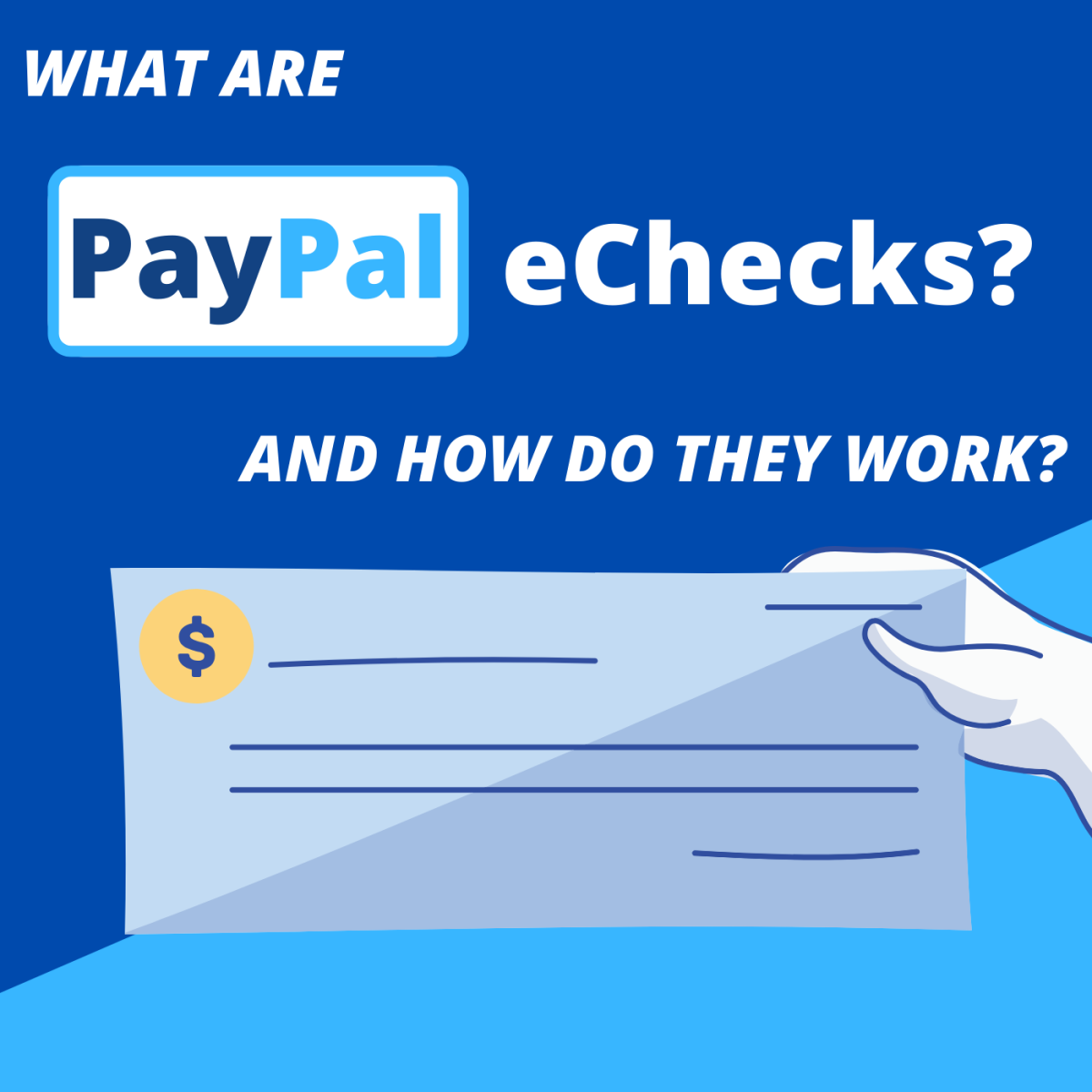How to Decide Whether to Rent or Buy a Home
There Are Pros and Cons of Renting vs. Buying

Making Lifestyle Decisions
One of the more difficult decisions you may have to make in the coming years is whether it is financially wiser for you to rent or buy your next home. There is no one answer which is right for every person in every situation.
After more than a decade as a Realtor, I learned that not everyone will be happy owning a home. For some it could become a financial hardship. For others, the amount of work involved would be discouraging. There are also other reasons why some people are better off not buying a home. Below are some important considerations which will help you make the right decision for yourself.
For example, do you enjoy yard work? Do you look forward to puttering around your own home, planting flowers, hanging curtains, decorating and fixing it up? Or, do you hate the idea of mowing the lawn and worry that maintenance costs could eat up too much of your budget? Would you be satisfied buying a condo rather than a house, or would you prefer not to have much responsibility for it at all?
How much are the rents in your area verses the amount of the typical house payment? How long do you plan to stay in the residence?
The answers to the above questions are just the beginning of the things you should consider before deciding whether you would be better off buying or renting your residence.
How Often Do You Move?
Do you work for a company which will probably transfer you in a year or two? Do you look on this residence as temporary? Think about how long you expect to be in this home. During the years from 2008 through 2012, real estate prices dropped in many areas of the United States. Since then, real estate prices have come back quite dramatically in some parts of the country, but not everywhere. Even in the locations where prices have rebounded, those kinds of returns are unusual and often do not last. In a normal real estate market, the value of a home typically goes up about 1% to 2% a year, with the exception of a few really high priced areas, such as New York, Boston, Chicago, San Francisco and Los Angeles.
If you live in a typical suburban or rural community and only plan to stay in your home a couple of years, most of time the increase in value will not be great enough to cover your selling costs. You could end up losing all or some of the equity in your home. Unless you plan to stay in one place for at least 4 or 5 years, and you are able and willing to ride out any future downturns in the market, you are probably better off renting.
Here's A Book to Help You Understand Rent vs. Buy

House Payments vs. Rent Payments
Another consideration is how much you want to spend on housing each month. If you own a house, you will have to make mortgage payments and pay property taxes, homeowner’s insurance, maintenance expenses, and possibly a homeowner’s association fee. How much would your rent be for the same property? If the rent is substantially less, then the amount you might save from taking the mortgage interest and real estate tax deductions on your income taxes may not be enough to make it worthwhile to own, unless you expect to live there so long that you are sure you will build up a lot of equity.
I have known people who were able to rent a home for about half what it would cost to make payments on the same type of house. For those people, it was often worth it to rent rather than own. In addition, they did not have to tie up $40,000 to $100,000 in order to have a 20% down payment on the house. (This is the amount that would be required to put 20% down on a $200,000 to $500,000 home. More expensive homes would require even more money that would be tied up in a down payment.)
People need to look at whether or not they would be better off investing their down-payment money and making low rent payments which allow them to build up their savings. That can certainly be a wise option for many people.
In addition, the tax savings may not benefit you if you buy a low-cost home or condo. In some cases, the standard tax deduction allowance is as large as the real estate taxes. It might be worth it to have a talk with your income tax preparer before you decide if it would be worth it to you to buy a home.
Are You a Better Renter or Owner?
There are other things you will want to consider before you decide whether you should rent or own. For example, are you a good renter? Are you willing to take good care of someone else’s property? Are you willing to fix things if you break them, or pay to get them fixed?
On the other hand, do you want the freedom to redecorate or paint your home however you want? Do you like to have lots of pets? If you think that renting does not allow you enough freedom to live the way you want to live, then buying your own home may be the smart decision.
However, if you do not want to be responsible for any repairs on your property, and you do not want the financial responsibility if something goes wrong, then you might be a better off renting a home.
As you can see, there is no simple, definitive answer to the question of whether it is better to rent or own a home. You have to make the decision based on your own lifestyle, personality and financial situation. With a little careful consideration, however, you should have no problem deciding what is best for you!
Voice your opinion about Renting vs Buying:
Do you think you are better off renting or buying your next residence?
This article is accurate and true to the best of the author’s knowledge. Content is for informational or entertainment purposes only and does not substitute for personal counsel or professional advice in business, financial, legal, or technical matters.
© 2011 Deborah-Diane








